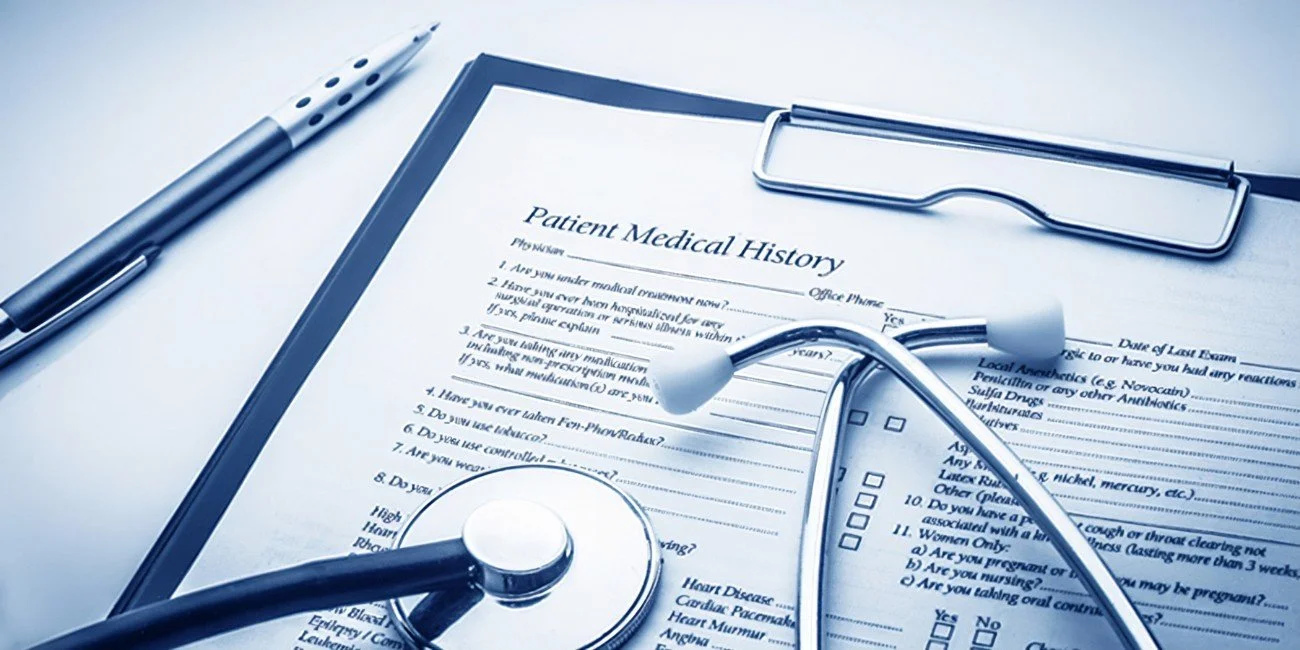Injury Assessment for Personal Injury Claims: How Lexcura Summit’s Advocacy Professionals Support Your Case
In personal injury cases, thorough injury assessment and documentation can make or break a legal claim. Without clear medical records, photographs, and supporting evidence, it becomes difficult to prove the extent of injuries and their long-term impact.
At Lexcura Summit Medical-Legal Consulting, our care advocacy professionals and Legal Nurse Consultants (LNCs) work hand-in-hand with injured individuals and their legal teams to document every detail. Our approach ensures the evidence speaks clearly—supporting your case from the moment the injury occurs to the final settlement or trial.
Why Injury Documentation Matters in Personal Injury Cases
Accurate and timely injury documentation establishes the foundation of a personal injury claim. Courts and insurance companies rely heavily on objective medical records, photographs, witness accounts, and treatment histories to evaluate the validity and severity of injuries. Without this evidence, claims may be delayed, denied, or undervalued.
Step 1: Prioritizing Immediate Medical Attention
Getting care quickly isn’t just critical for recovery—it’s essential for building a strong case.
Coordinating Medical Appointments: Our team helps clients seek prompt evaluation and treatment, ensuring that injuries are properly diagnosed from day one.
Ensuring Medical Documentation: We verify that medical records—diagnoses, treatment plans, prescriptions, and follow-up visits—are clearly recorded and available for legal use.
Step 2: Capturing and Preserving Photographic Evidence
Photographs provide powerful visual proof of injuries and the circumstances surrounding them.
Injury and Scene Photos: We guide clients in taking clear, well-lit photos of physical injuries, accident scenes, and contributing hazards.
Time-Stamped Credibility: By ensuring images are date- and time-stamped, we help boost the credibility of photographic evidence in court.
Step 3: Encouraging a Detailed Injury Diary
A personal injury diary offers valuable insights into how injuries affect daily life—something that medical records alone may not capture.
Symptom Tracking: Clients are encouraged to log pain levels, emotional stress, medication side effects, and physical limitations.
Progress & Setbacks: Journals help document both improvements and worsening conditions, forming a timeline of the injury’s ongoing impact.
Step 4: Collecting Witness Statements
Witness accounts can be pivotal in verifying how the injury occurred and its consequences.
Identifying Witnesses: We assist clients in locating and contacting individuals who were present at the time of the incident.
Statement Collection & Contact Info: Gathering signed statements and accurate contact details ensures this evidence can be used during litigation.
Step 5: Compiling Comprehensive Medical Documentation
From emergency room visits to long-term rehabilitation, we ensure every piece of medical evidence is included.
Hospital & ER Records: We collect diagnostic imaging (e.g., X-rays, MRIs), test results, surgical reports, and discharge summaries.
Ongoing Treatment Records: We track follow-up visits, physical therapy sessions, and specialist referrals to establish long-term medical impact.
Step 6: Collaborating with Personal Injury Attorneys
We bridge the gap between medical care and legal action by working closely with attorneys.
Legal Referrals & Support: When needed, we help connect clients with experienced personal injury lawyers.
Expert Witness Coordination: Our team identifies medical specialists who can provide expert testimony to support the claim.
Streamlined Case Presentation: We prepare organized, well-documented files to help attorneys build persuasive, evidence-based cases.
The Advocacy Advantage: Full-Service Support Every Step of the Way
At Lexcura Summit, we offer more than documentation—we provide emotional, logistical, and medical advocacy that supports both clients and legal teams.
Here’s how we help:
Medical Appointment Support: Our nurse advocates attend appointments to facilitate communication between healthcare providers and legal representatives.
Deposition Preparation: We prepare clients for depositions by reviewing medical facts and helping them confidently express how injuries have affected their lives.
Evidence Coordination: Our team compiles medical records, photos, statements, and diaries into a cohesive narrative that’s easy for attorneys to present.
Empowering Clients Through Compassionate, Expert Advocacy
At Lexcura Summit Medical-Legal Consulting, we believe that every injured individual deserves to be heard—and that starts with meticulous documentation and proactive care advocacy. Whether you're recovering from a car accident, workplace injury, or slip-and-fall, we’re here to support your recovery and legal journey with clarity, compassion, and credibility.
Need help documenting your injury for a personal injury claim?
Contact Lexcura Summit today to learn how our care advocacy professionals and Legal Nurse Consultants can help strengthen your case from the ground up.



